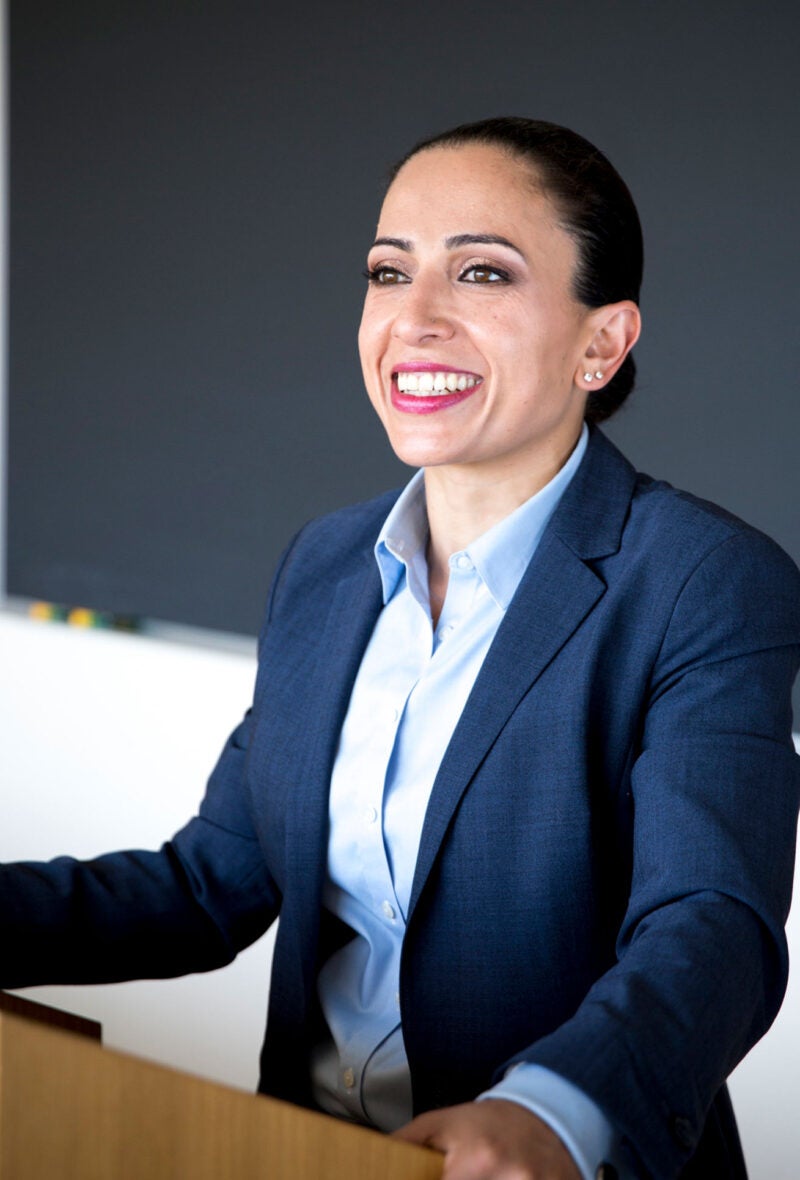Last fall, in a session on conflict and the use of force, Professor of Practice Naz K. Modirzadeh ’02 presented her Public International Law class with the hypothetical example of two countries engaging with each other in a diplomatic situation that was increasingly hostile. The students then practiced crafting legal arguments using international law, with half of the class assuming the role of a legal advisor in a ministry of foreign affairs, and the other half responding from the point of view of a lawyer in a department of defense. Modirzadeh’s course offers a strong grounding in the basic foundations, sources, and institutions of this field, as well as creative ways to delve deeper into specific aspects, like this one.
The Harvard Law School’s courses in Public International Law, or PIL, — taught by Modirzadeh, Professor Gabriella Blum LL.M. ’01 S.J.D. ’03, and visiting professors — provide an introduction to an area of law which — broadly speaking — focuses on the doctrines, rules, and norms governing relations between states, or between states and other entities. They are part of more than 100 courses, seminars, and reading groups at Harvard Law School that focus on international, comparative, and foreign law.
Modirzadeh, whose areas of interest include non-use of force, armed conflict, the U.N. Security Council, and counterterrorism issues, is the founding director of the law school’s Program on International Law and Armed Conflict and the co-host of the International Crisis Group’s Hold Your Fire! podcast. In Modirzadeh’s class, students spend the first two-thirds of the semester learning core concepts, beginning with the sources of international law, the role of international organizations, such as the United Nations and its Security Council, and questions of territory, sovereignty, jurisdiction, and the responsibilities that states and the International Court of Justice have in redressing wrongful acts and settling disputes. Later, class discussions turn to specific issues, such as the use of force, armed conflict, international criminal justice, international human rights, and environmental protection.
It’s a foundation that is beneficial for a wide range of students. “We have many students who come to us with a background in diplomacy or who have worked in the humanitarian field or served in the armed forces,” explains Modirzadeh, while others are exploring the field for the first time. “For many of them, international law is going to be relevant to their careers as lawyers, either directly, in the sense that they will be working on legal questions that involve multi-state issues, or because it is important to being a better legal citizen. A wider and deeper understanding of the normative ecosystem in which domestic U.S. law is situated can broaden students’ horizons and enhance their ability to understand others’ positions and approaches.”
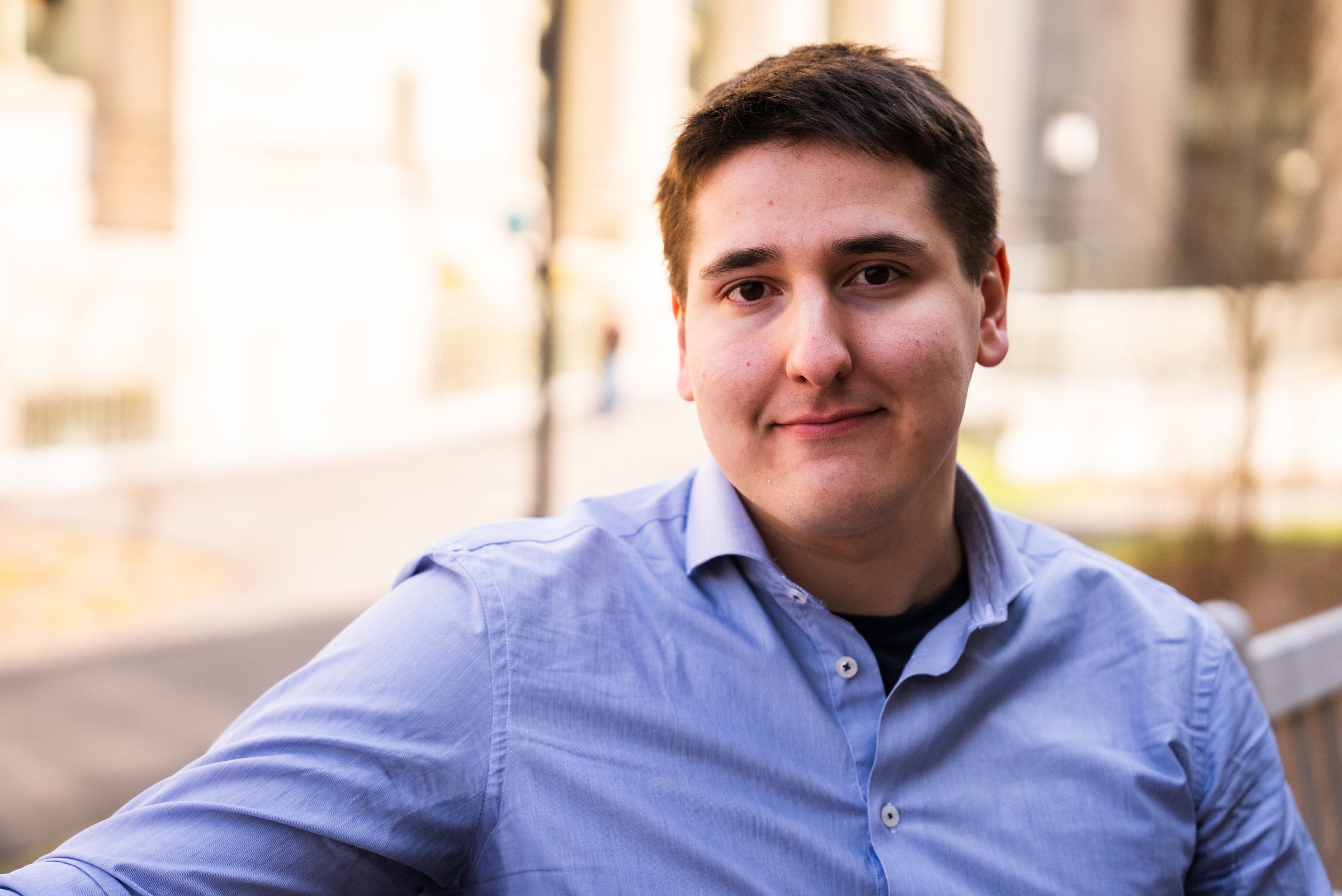
Quentin Levin ’24 explains that his interest in the field was sparked by his grandfather, who served in World War II, acted as a translator at war crimes trials, and later worked at the UN’s Pan American Health Organization and the Organization of American States, where he helped draft the treaty that returned control of the Canal Zone to Panama. “He had seen some of the most horrendous things humanity can do, and always instilled in me the power of law, at its greatest moments, to help address those injustices.” Other than taking some courses in international relations as an undergraduate, Levin came to the course without any background in international law. “We live in a really polarized time, but there is always room for debate and discussion,” he notes, citing an especially intense session in Modirzadeh’s class on the legitimacy of the International Criminal Court.
One purpose of a foundational course is to prepare students for taking more specialized classes in the field. For a course on space law, Levin has written a memo addressing the legality of anti-satellite weapon testing under international law. He looked at the laws of war because there are implications ranging from debris that might strike civilian objects to a test that might inadvertently destroy a satellite that provides information to first responders. “The understanding of the sources and language of international law that I gained in Public International Law was instrumental in allowing me to understand and analyze that issue,” he notes.
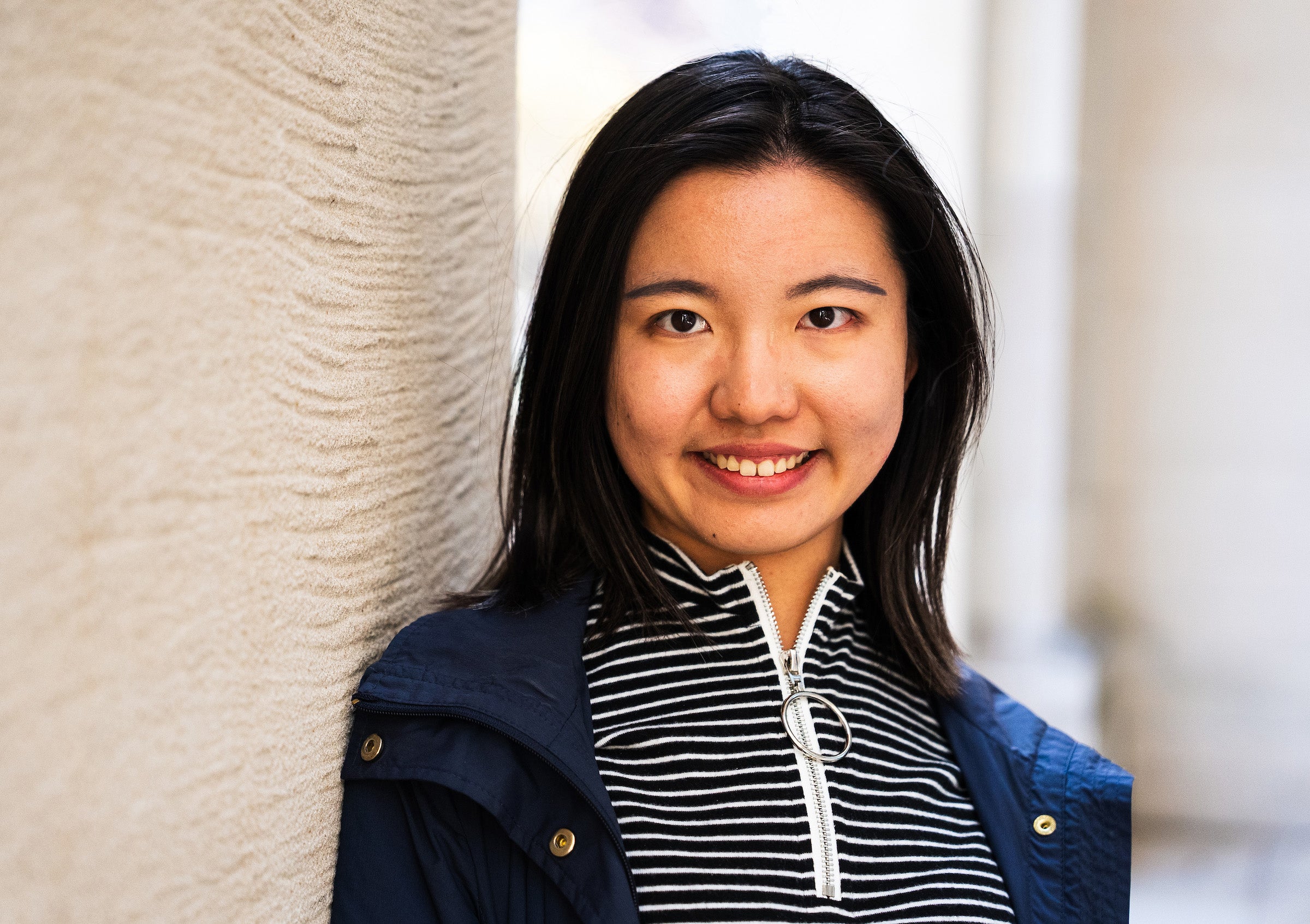
Cecilia Wu ’24 had an academic interest in international law, but limited exposure to it, before enrolling in the course this fall. She chose the course because she greatly enjoyed Modirzadeh’s first year reading group on the war in Afghanistan. Wu plans to work domestically, as a litigator, but is making connections between international law and U.S. law. For example, she first encountered the concept of personal jurisdiction — a court’s power over a person or entity in a case — in an earlier course on civil procedure, learning that its traditional rules were derived from international law. When it was discussed again in a course on conflict of laws in her second year, what she had learned in Public International Law helped her understand its origins better. Wu also appreciated the wide range of perspectives, including from the academic strand called “Third World Approaches to International Law,” that were presented in the class.
Before law school, Hina Uddin ’24 spent a year working at a refugee resettlement agency in Houston, and came to Harvard knowing that she wanted to work in human rights law. In her first year, she joined Harvard Law School Advocates for Human Rights, where she researched avenues of relief for an individual imprisoned in Russia, then spent the summer in London as a Chayes International Public Service Fellow, conducting research on mitigating factors for British nationals facing the death penalty in Pakistan. In choosing courses for her second year, Uddin felt the need to gain exposure to all aspects of public international law, not just human rights. In the eponymous Harvard Law course, she realized the importance of understanding the sources of international law, which encompass treaties, customary international law, and general principles of law. “You want to be able to navigate those conventions, no matter what subject you’re working on,” she explains. In the International Human Rights Clinic, she has addressed issues relating to international humanitarian law and environmental law, and frequently refers to her notes from the Public International Law class.
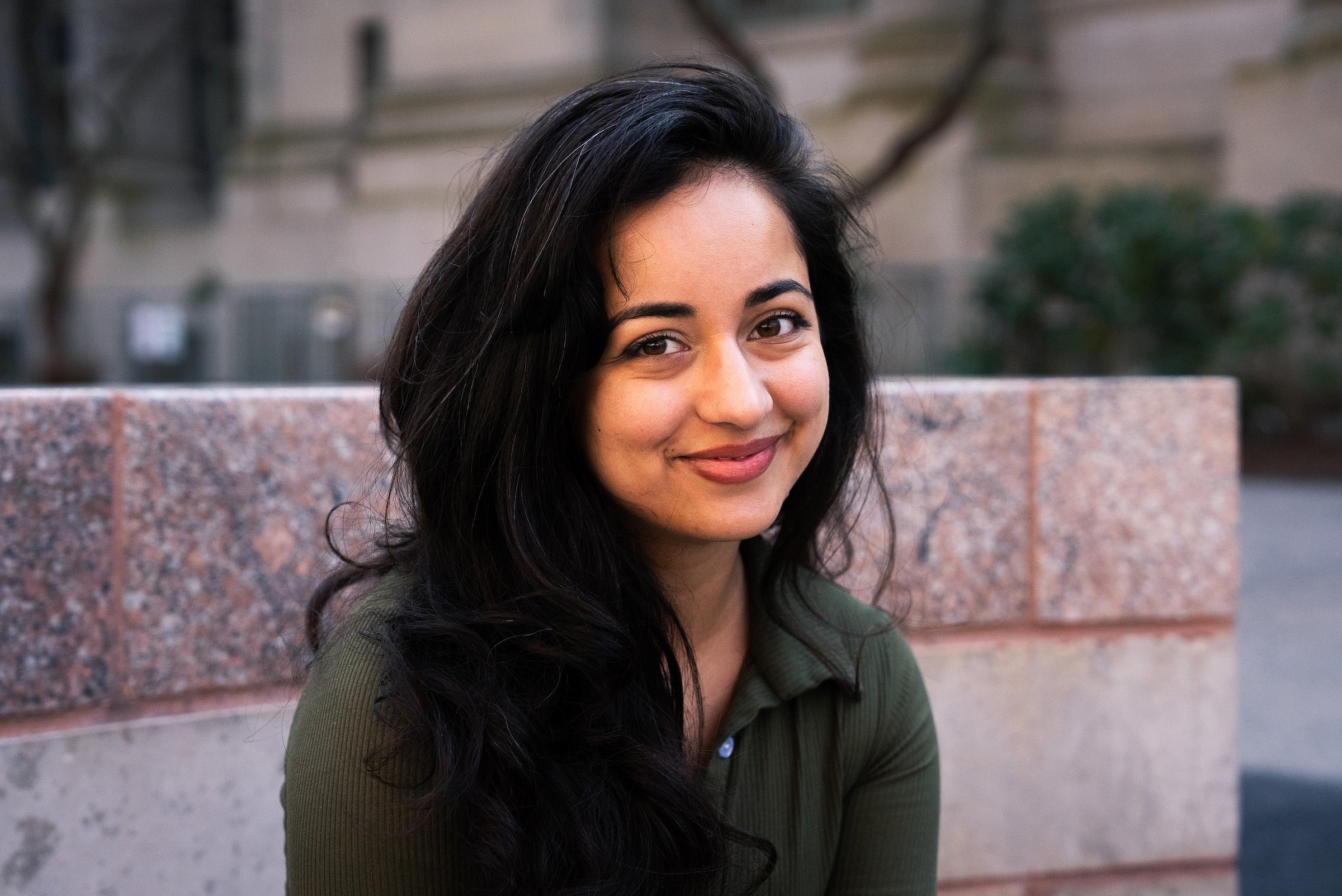
The class also introduced Uddin to the concept of state-to-state arbitration — and to a new and different potential career path. “People sometimes wonder what is the point of international law, if you can’t make states abide by decisions” she observes. The class read about many cases before the International Court of Justice, or ICJ, and “it seems that there are many innovative, interesting decisions” being issued there. For example, she notes that the ICJ has accepted jurisdiction in an application from The Gambia seeking redress for genocidal acts committed in Myanmar. “There are certain violations of international law that create obligations on states to hold other states accountable, and genocide is one of them,” she explains. “That’s a door that I didn’t know existed, and I really want to learn more.”
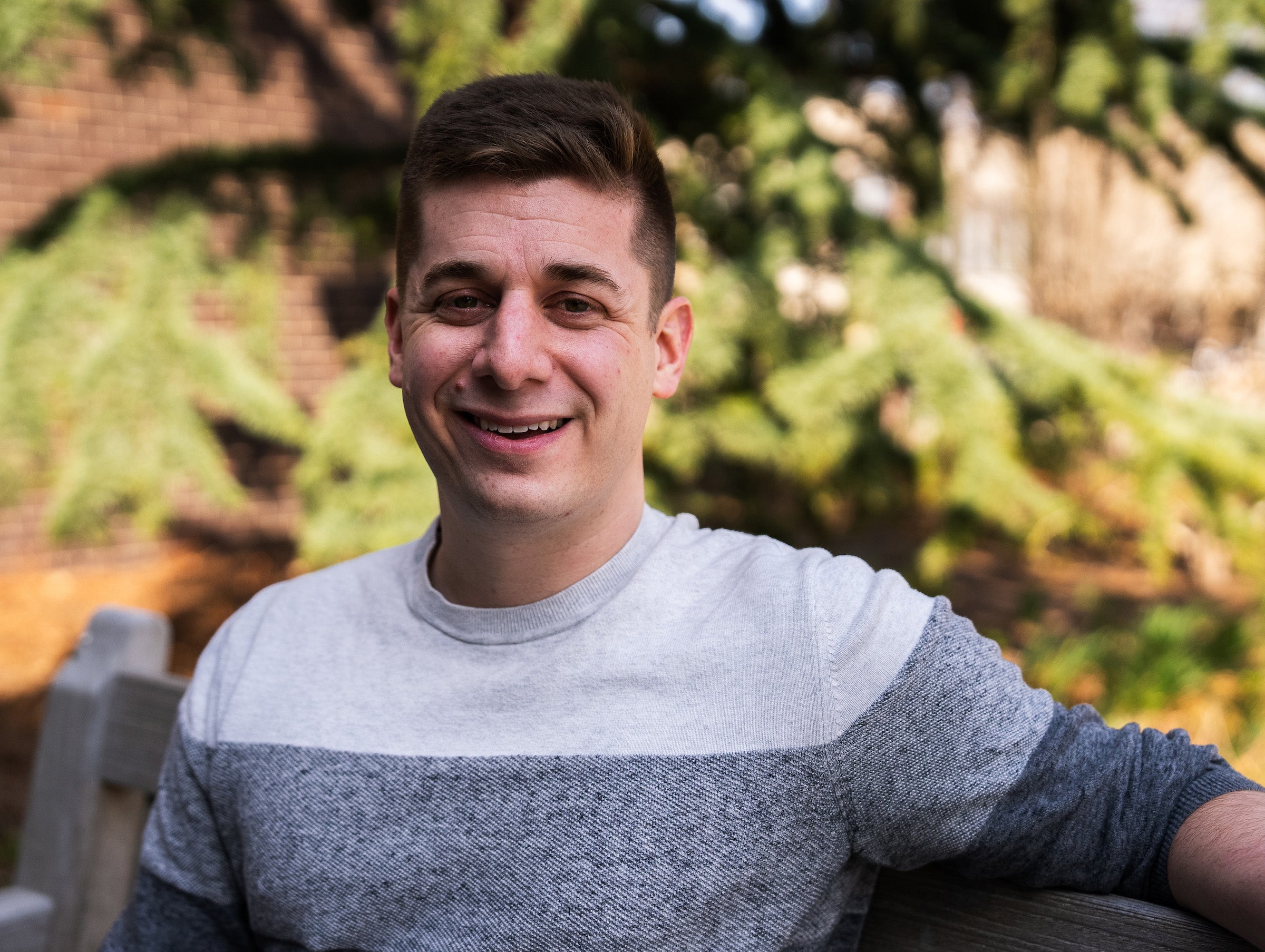
Elliot Serbin ’24, who is pursuing a joint degree in law and government from the law school and the Harvard Kennedy School, came to Harvard after working as a research associate at the Center for International Security and Cooperation at Stanford University, focusing on its Nuclear Risk Reduction Project. “Anyone who’s working in international policy or international security encounters some of the concepts of public international law. I had enough exposure to say this looks interesting and important, that it matters what actors do on the international stage. This might be a field that I want to orient my career around.” After taking the Public International Law, Serbin is looking forward to exploring his strong interest in the international law of armed conflict, including regulations on the use of force that countries employ as well as laws governing the conduct of hostilities, especially as it relates to nuclear weapons.
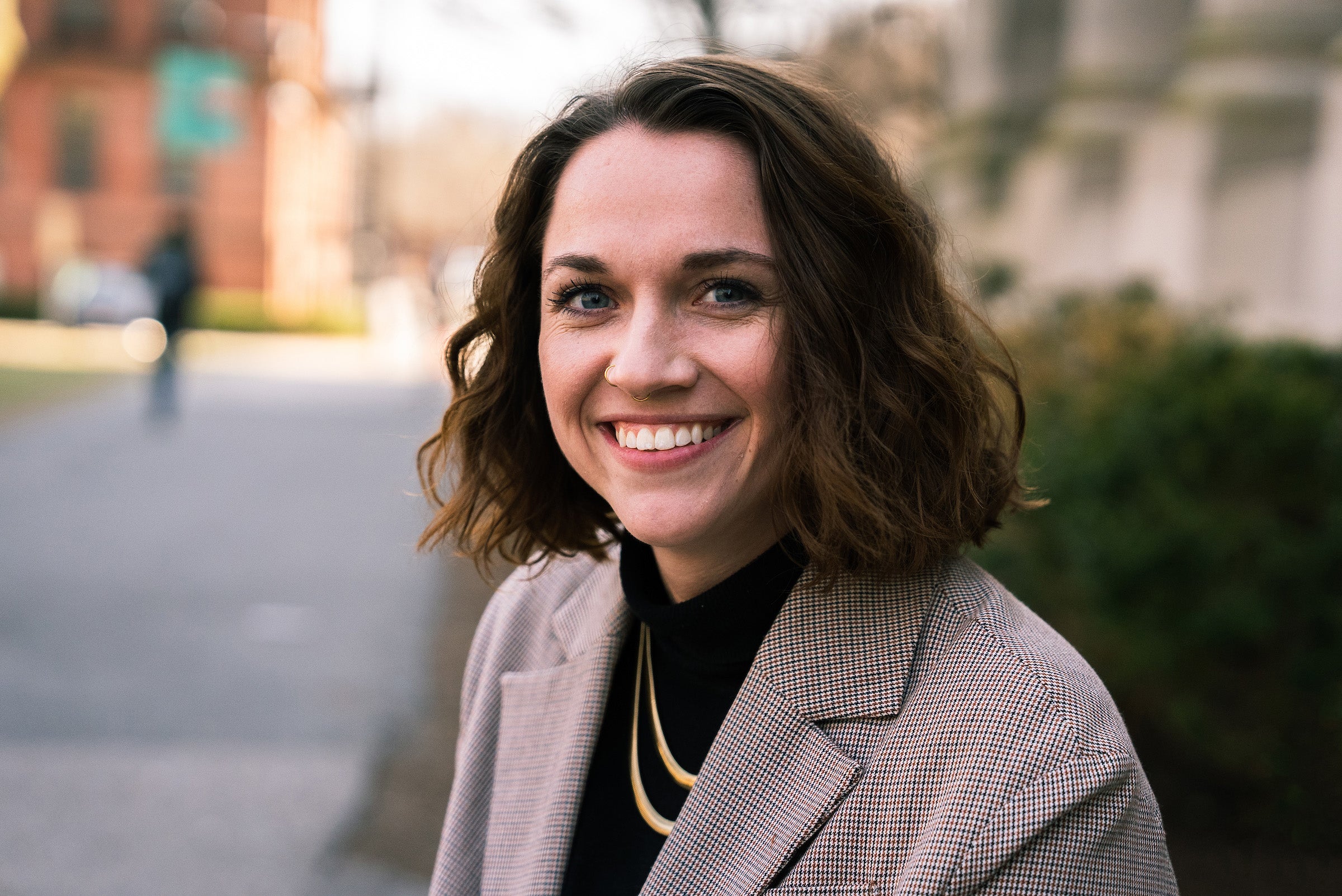
Students who have taken Public International Law have even found themselves on a world stage immediately. Hannah Sweeney ’24 took the course with Professor Blum as an elective in the spring of her first year, while preparing for her role as an oralist in the 2021-2022 Philip C. Jessup International Law Moot Court Competition. Their team went on to become U.S. National Champions, then emerge as World Champions. The competition simulates a fictional dispute between two countries before the ICJ, and Sweeney and several of her teammates credit the class with cementing their interest in international law and helping them research issues that came up in the case. Sweeney’s coursework has also prepared her for real-world lawyering in the international realm. She spent her first law school summer in The Hague, assisting with cases before the Kosovo Specialist Chambers, an international hybrid tribunal that investigates and adjudicates war crimes and crimes against humanity. And this year, during winter term, she undertook an independent clinical placement with the European Parliament, in a legal services unit which advises members of parliament on issues of EU and public international law — an experience, she says, that has confirmed her strong interest in working in this field after graduation.
Want to stay up to date with Harvard Law Today? Sign up for our weekly newsletter.
